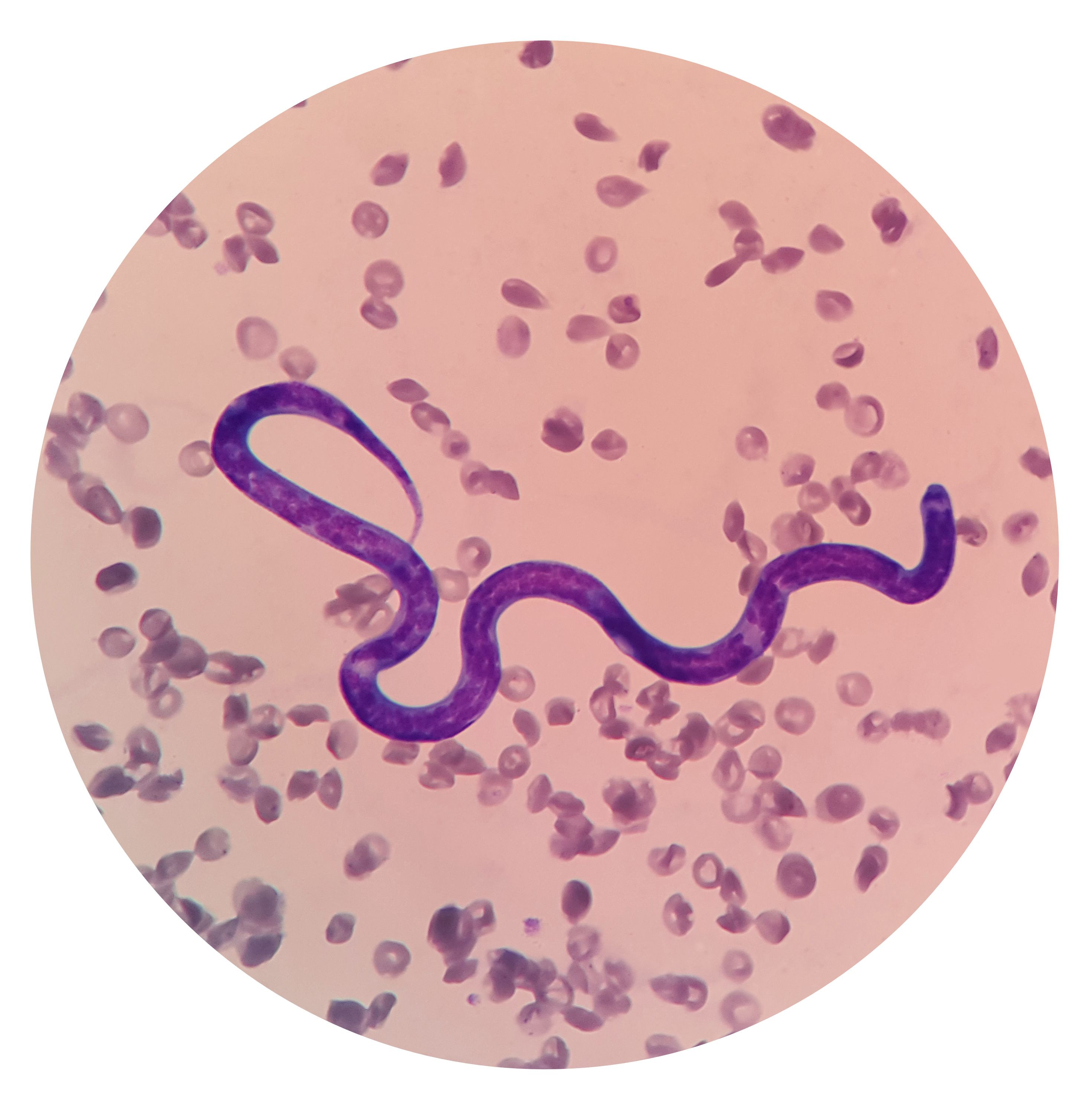New treatment shows promise for treating heartworm disease
An update for Heartworm Awareness Month
A recent study in Italy found that a combination of doxycycline and moxidectin for treating Dirofilaria immitis leads to a negative antigen status in dogs naturally infected with heartworm disease. Several formulations of moxidectin were evaluated and compared during the investigation.1
Pee Paew / stock.adobe.com

Spread through mosquito bites, heartworm disease can result in severe damage to the lungs, heart, and other organs in pets including dogs, cats, and ferrets. These parasites grow, mate, and reproduce while living inside a canine host.2
The FDA recommends prescription heartworm preventives approved by the agency as the best way to combat heartworm disease in dogs. The FDA has also approved injectable melarsomine dihydrochloride for killing adult heartworms in canines, and a topical combination of imidacloprid and moxidectin for ridding a dog’s bloodstream of microfilariae.2
Published in Parasites & Vectors, the new study aimed to evaluate the efficacy of 3 different formulations of moxidectin with doxycycline in 30 shelter dogs with heartworm disease. Divided into 3 groups of 10, the infected canines were treated with oral, topical, or injectable formulations of moxidectin. The oral and topical groups received moxidectin once a month for 9 consecutive months, whereas the injectable group received the drug at enrollment and again at 6 months. All groups received doxycycline for the first 30 days.1
Results of the study at day 270 showed 90% of dogs treated with oral moxidectin were antigen negative for D immitis. At day 270, 60% of canines with topical moxidectin and 80% of dogs treated with injectable formulation of the drug were also antigen negative. Additionally, investigators found all treatment groups showed radiographic improvement, nearly all of the studied dogs were cleared of pulmonary abnormalities, and 4 of these canines showed progressive improvement of cardiac function.1
In the United States, heartworm disease is commonly found along the Atlantic Ocean and Gulf of Mexico coastlines, as far north as New Jersey, as well as along the Mississippi River and its largest tributaries.2 However, the condition has been reported in all US states, and is endemic in many parts of the world.1,2
References
- Ciuca L, Vismarra A, Constanza D, et al. Efficacy of oral, topical and extended-release injectable formulations of moxidectin combined with doxycycline in Dirofilaria immitis naturally infected dogs. Parasit Vectors. Published online February 6, 2023. Accessed March 17, 2023. doi:10.1186/ s13071-023-05673-9
- Keep the worms out of your pet’s heart! The facts about heartworm disease. FDA. December 22, 2022. Accessed March 17, 2023. www.fda. gov/animal-veterinary/animal-health-literacykeep-worms-out-your-pets- heart-facts-about-heartworm-disease
